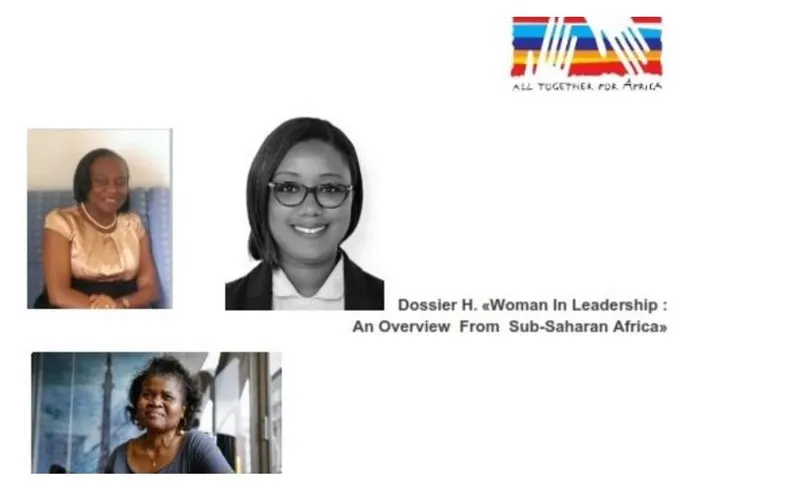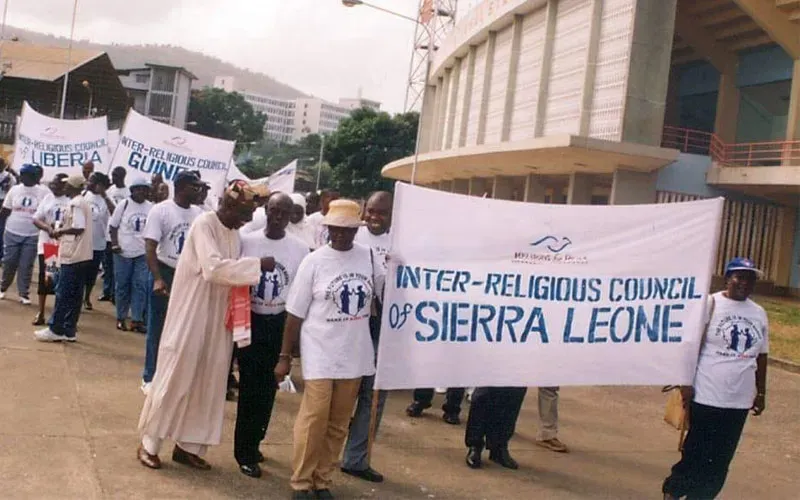Vatican City, 16 November, 2019 / 1:13 am (ACI Africa).
Ways of reversing trends demonstrating that women in Sub-Saharan Africa seem to be lagging behind in the exercise of their leadership in the various spheres of life including their presence in politics, economic, and even scholarship spheres will be the focus of the Saturday, November 16 presentations at the University of Holy Cross (P. Università della Santa Croce) in Rome under the auspices of Harambee Africa International, the association’s Vice President, Manuel Sanchez told ACI Africa.
Convened under the theme, “Women in leadership: An overview from Sub-Saharan Africa,” the Saturday morning conference will see three African career women, Ivorian Olga Kouassi, Cameroonian Esther Tallah, and Ivorian Karine Kouassi making presentations based on studies conducted in various African countries and founded on a review of literature, which Harambee Africa International sponsored.
“In Sub-Saharan Africa, women constitute 70% of the agricultural workforce, contributing to the production of 90% of food and produce 61.9% of equity assets in addition to exercising a prominent role in the family,” the African women will be demonstrating during the Saturday morning conference in Rome.
The three African career women are expected to show that despite positive statistics highlighted, an overview of the reality in Africa seems to illustrate that “women are back in the exercise of their leadership in the political, economic and scientific.”
Their respective papers will set to provide the reasons behind the lagging behind of women in leadership, solutions to this challenge, including an update of the latest statistics with regard to women and leadership on the African continent.








